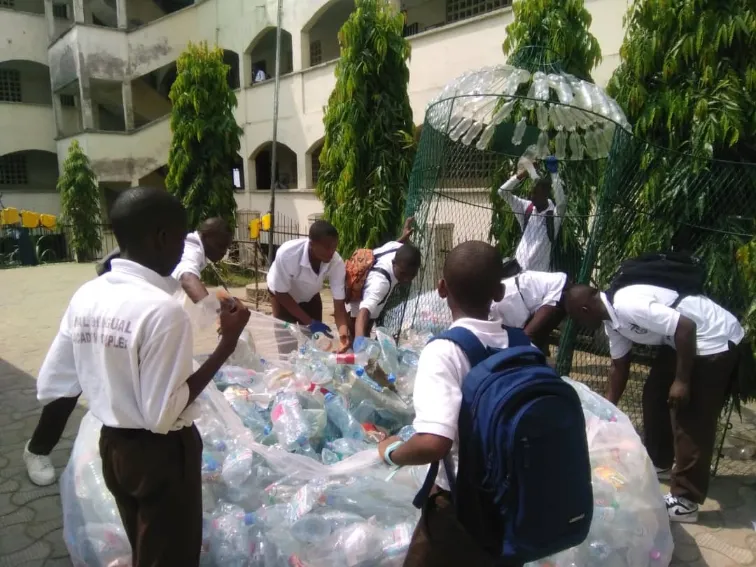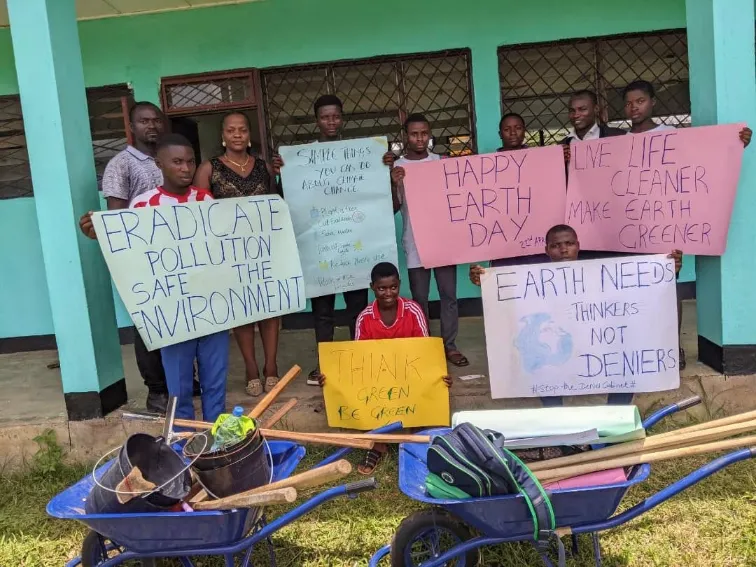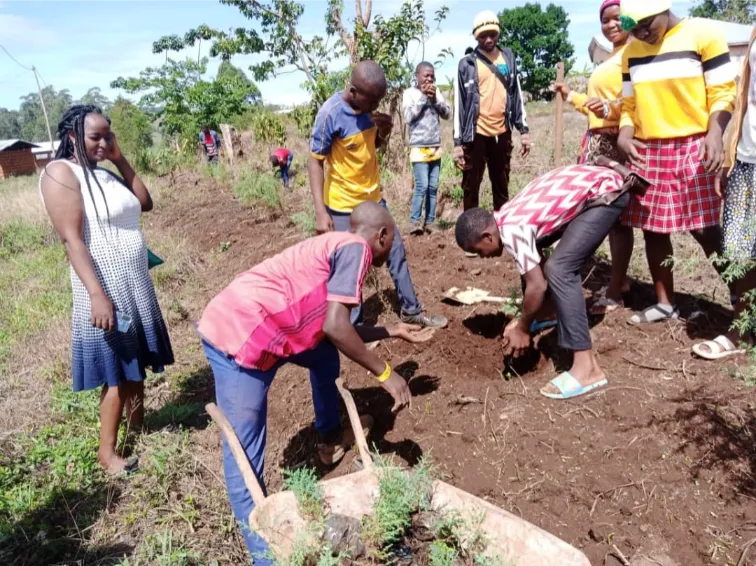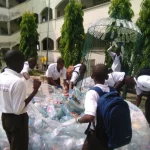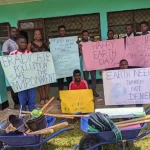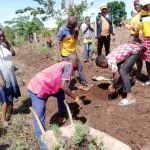Teacher: Mercy Lemnyuy Fai

Mercy Lemnyuy Fai
Mercy is a trained secondary teacher with the Presbyterian Education Authority in Cameroon for 23 years. The students’ ages range from 11 to 20 years. As a science teacher, teacher trainer, school leader, mentor and female role model, I have impacted the lives of thousands of boys and girls, many of whom are in different walks of life around the globe. As an alumna of the Teaching Excellence and Achievement (TEA) program, and having an MA in Educational Quality for Developing Countries, I have received grants and managed projects in the area of covid-19, inclusion, instructional technology and climate justice. In my professional career, I have received 11 awards. My motivation to become a teacher started when I was in primary school. My 6th grade teacher encouraged me to become a teacher because, he saw in me the potential to peer teach some of my classmates to succeed in learning. Starting this solution was inspired by my intrinsic affinity for nature and reflecting on how to contribute to averting human induced climate change and its impact.
Usefull links related to the Solution
Overview
A teacher training program has helped to establish 170 environmental clubs across five regions of Cameroon. The clubs provide learners with inspiring activities based on a number of environmental and climate change issues and provides learners with opportunities to develop critical thinking skills.
Theory of Change
Mercy, a science teacher, noticed that many people did not attribute changes in their daily lives- such as changes in weather patterns, increased incidences of landslides and changes in river flow- to climate change. She also noticed that young people were not empowered to take action on issues that affected their lives- including climate change. Mercy believes that teachers are integral for instilling in young learners, knowledge, and competencies that will enable them to be able to make informed choices which will be essential for protecting the environment for their own good and that of future generations. Thus, this project sought to train teachers to develop this knowledge and skills in learners by providing quality environmental clubs.
Approach and Actions
This project, led by Mercy, is being implemented in partnership with the regional delegations of secondary education in five regions of Cameroon. The team recruited and trained 250 secondary school teachers or ‘Climate Justice Crusaders’ who are environmental club coordinators in their respective schools. Through a series of seven training sessions over two days, the teachers were equipped with knowledge and competencies to contribute to mitigating human induced climate change and its impact through their clubs. The clubs provided the students who attended with practical skills and engaging activities to mitigate climate change. The teachers were recruited because they were already very engaged in climate change action, the project, therefore, was designed so that these passionate teachers would disseminate their knowledge not only to students in the extracurricular club but also to staff and students across the school community in staff meetings and during lessons. Thus, this approach has a multiplier effect as the trained teachers serve as teacher trainers and also leverage change amongst the wider community of young people
Impact
Across five regions of Cameroon, 120,000 students have taken part in over 170 environmental clubs, and 12,600 teachers were trained in the process. The following impacts were noted across the schools where the clubs were implemented; increased awareness amongst teachers and students of the reality of climate change, its causes and effects, mitigation, and adaptation strategies; improved methods of waste management; increased greenery in schools through the planting of more flowers, trees, and grass in most of the schools involved in the project; and more students have gained practical skills in gardening, tree planting, recycling, and water management.
